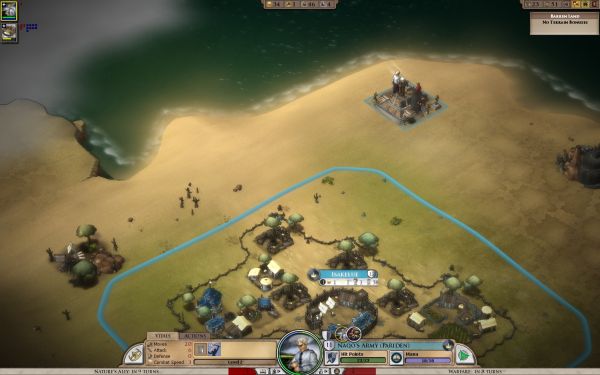
I cannot remember for sure whether I have written about this before, but I think maybe not. I wrote a couple short stories – well, one short story and one longer that I did not complete, as usual – set in this imaginary world. Â But now I can’t find them, so it is probably some time ago.
The meta-setting of this imaginary universe is the planet I originally called Splendor. I will have to change that if I get back to it, because I later found an actual science fiction novel centered on a planet with that name. I am not sure what to use instead though. Â It is a splendid place indeed.
The Splendorians – or Splendiferous as I said back then – are basically humans but larger than life. Â This is partly literal: Â They are about a third taller than humans, with a similar but slightly more slender build, but their heads are proportionally larger than ours. Not ridiculously so, but they could be told apart from humans at a glance by their more bulbous heads. Â A young Splendorian is similar to a human, but they outgrow it, physically and not least mentally.
The Splendiferous technology is indistinguishable from magic. Automatons perform all menial tasks, and almost all adults spend almost all their time creating imaginary worlds and visiting the imaginary worlds of others. These worlds are made in a kind of virtual reality that is far, far ahead of ours. They are basically to our “sim” games what a spacecraft is to a stone-age log raft.
The visitor may personally immerse himself or herself in the imaginary world, or observe it through the experiences of one or more characters.
So basically it is a meta-narrative to construct multiple fantasy worlds that may be tied together, and that can incorporate religious or other elements that might be offensive if pretended to be real. Most notably polytheism, which is actually perfectly natural in worlds that accommodate several “players”. The actual visitors from Splendor would be the gods, or at least the main gods, organizing their own religions complete with different types of afterlives, blessings, curses etc. Of course, these would have to be on a comparable power level.
For instance, a “god” might offer his followers rapid reincarnation, retaining parts of their memories and skills. Your simulated person would still start as a helpless baby, but over the course of growing up would gradually remember their previous life, until as adults they got back 90% of their old memories. However, the other 10% would be gone forever. Â The retrieved memories would include 90% of 90% of their second-last life and so on, so over the course of a few reincarnations their past would gradually fog out and be lost, and it would be completely random which parts were lost.
Another “god” might offer his followers various goodies in this life, like health and prosperity, but at the cost of complete loss of the soul at death. Â And none of his blessings would be waterproof: No matter your health and youth, you could still be killed in a freak accident or by a dedicated enemy. Â Still, it would appeal to impatient people.
A third “goddess” might offer people a very long (but not eternal) afterlife in a paradise, in exchange for following certain precepts in this life. Â Of course, it would be kind of harder to convince people of this than the other two, so an annual holiday might be arranged to let the living and the dead meet up to inform each other of what they had done since last.
The “sims” of these imaginary worlds would have an artificially intelligence roughly similar to an Earth human, so would be the ones the readers of the stories would be likely to identify with.
Back on the “real” world of Splendor (by any name…) I had a rough outline of their culture. Â Basically names are earned rather than just randomly given or taken. Â You start with a short name made from a combination of the stem names of your parents. Â (It is assumed that parentage is always known. Â Splendorian lifespan is measured in millennia rather than decades, so they breed rarely. Â In effect, every child is an only child, as their brother or sister may be a thousand years older or younger. Or at least 500, which is the time it takes to grow up.) Once you are old enough to choose a line of study, you would get your next syllable in your name, denoting your specialization. As an adult, you would earn more syllables through your work, which for the vast majority would be the creation of worlds. Â An avid reviewer of other people’s worlds would also be able to earn syllables that way, and a few people by maintaining and improving technology in the “real” world. Â But for the most part world creation would be your way to fame and a long name. Â Each syllable would represent a certain type of accomplishment, kind of like a badge.
I would not be surprised if someone had come up with this already. That is how it often is. Â Either before me, or in the time between my inventing it and telling the world of it. Â And they probably did it better. Â I still have two old stories, one on paper and one on a floppy, about teen boys who each study at a magical school in a stone castle but are called on by circumstance to save the world. Â But frankly, Rowling did it better. Â And that says something, given that I only read the first couple Harry Potter books before I got fed up…
So, giving these ideas away for free, it is probably approximately what they are worth!






